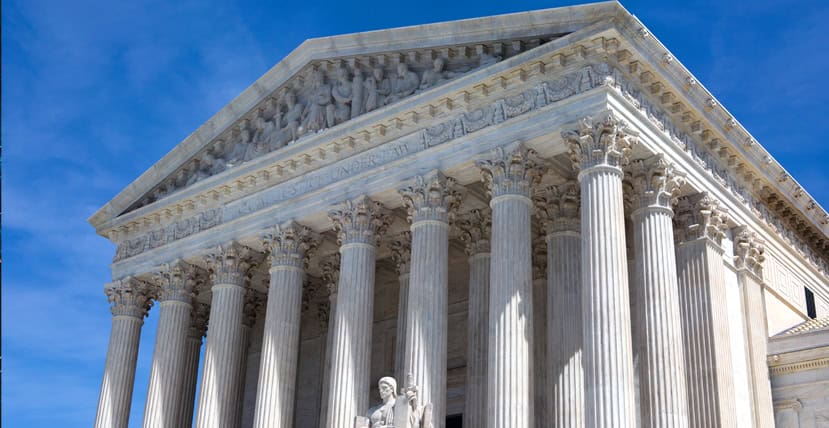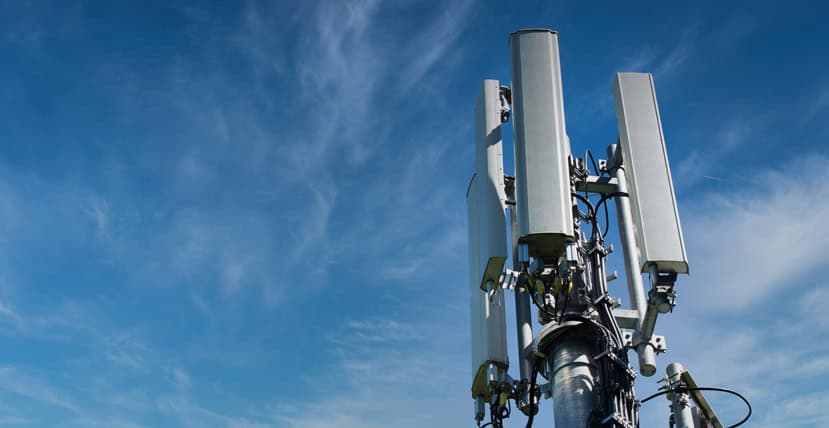Every month, Erise’s trademark attorneys review the latest developments at the U.S. Patent and Trademark Office, in the courts, and across the corporate world to bring you the stories that you should know about:
Third Time’s a Charm for OMG Girlz, with $71.5M Verdict
A jury in the U.S. District Court for the Southern District of California recently awarded $71.5 million to former teen pop group OMG Girlz over allegations of trade dress infringement and misappropriation by MGA Entertainment, the maker of L.O.L. Surprise! O.M.G. dolls.
In 2020, MGA filed a declaratory action after receiving a cease-and-desist letter from OMG Girlz. The group, along with Xscape singer Tameka “Tiny” Harris and rapper Clifford “T.I.” Harris, counterclaimed. The Harrises are co-founders of OMG Girlz as well as the mother and stepfather of group member Zonnique Pullins.
The first trial in January 2023 ended in a mistrial after prohibited evidence accusing MGA of cultural appropriation was introduced. The jury returned a verdict in favor of MGA in a second trial. The jury was instructed in that matter that MGA’s dolls were expressive works and instructed on the elements of the Rogers v. Grimaldi test as to whether expressive works should receive First Amendment protection.
Shortly after the second trial, the Supreme Court issued its decision in Jack Daniel’s Props., Inc. v. VIP Prods. LLC that the Rogers test only applies to non-trademark uses. “Rogers does not apply when the challenged use of a mark is as a mark,” the Supreme Court noted in the Jack Daniel’s case.
Because the second OMG Girlz jury had been instructed on the Rogers test and that the dolls were expressive works, the judge subsequently held in light of Jack Daniel’s that the jury instructions were erroneous. In a September 2023 decision ordering a new trial, the judge wrote, “The jury was ultimately tasked with deciding whether the dolls infringed on the alleged trade dress of the OMG Girlz, such that consumers would be misled as to the origin of the L.O.L. Surprise! O.M.G. dolls (i.e., the use of a mark as a mark). The Supreme Court held, in such a case of source identification, the Rogers test does not apply” (citations omitted).
A year later, in late September 2024, the third jury found that MGA infringed the OMG Girlz’s trade dress and misappropriated their name, likeness, or identity; that MGA’s infringement and misappropriation were willful; and that MGA’s dolls were not protected by the First Amendment with regard to the misappropriation claims. The jury awarded around $17.9 million in real damages and $53.6 million in punitive damages.
Second Circuit Holds Against 1-800 Contacts in Another Keyword Ad Case
Google AdWords were introduced in 2000, setting off a flurry of trademark lawsuits over whether the purchase and use of a competitor’s trademarks as AdWords constituted infringement. Those lawsuits were largely unsuccessful for the plaintiffs, though courts differed in their opinions over whether purchasing competitors’ keywords was not trademark use at all or there simply was no likelihood of confusion.
Within the Second Circuit, some courts sided with the position that keyword use wasn’t use in commerce. In the 2009 decision in Rescuecom v. Google, the Second Circuit clarified that Google’s sales of Rescuecom marks to its competitors for keyword use did constitute use in commerce sufficient to overcome a motion to dismiss. The Rescuecom decision distinguished an earlier decision, 1-800 Contacts, Inc. v. WhenU. Com, Inc., that had held that advertising service WhenU’s display of popup ads in response to searches for plaintiff’s website did not constitute use in commerce.
More than two decades since the introduction of AdWords and many iterations of internet advertising later, 1-800 Contacts again appeared before the Second Circuit on another version of the issue.
1-800 Contacts sued competing contact lens provider Warby Parker in the Southern District of New York, alleging that Warby Parker’s purchase of keywords related to 1-800 Contacts marks constituted trademark infringement. Although Warby Parker did not display the 1-800 Contacts marks in the search results listing or landing page, 1-800 Contacts argued that consumers were likely to be confused by the look of Warby Parker’s landing page. The SDNY granted a motion for judgment on the pleadings in favor of Warby Parker, and 1-800 Contacts appealed.
On October 8, 2024, the Second Circuit affirmed, holding that, even though Warby Parker’s purchase of keywords was use in commerce, 1-800 Contacts had failed to plead that there was likelihood of confusion. The court noted that 1-800 Contacts did not show that Warby Parker used 1-800 Contacts’ protectable marks anywhere in the search results page, landing page, or URL linked to the search results.
The Second Circuit considered the case through the lens of initial interest confusion, holding that the district court erred in “substituting 1-800’s plausible theory of initial-interest confusion with point-of-sale confusion in its assessment of the consumer-sophistication factor.” That is, the lower court had noted that consumers will take the time to consider Warby Parker’s website before making a purchasing decision, when initial interest confusion requires only deceptive diversion even if consumers realize that they have not landed at the trademark owner’s site.
Initial interest confusion has been disputed but is still alive and well in many circuits. In 2021, adjustable air bed maker Dires petitioned for certiori in its case against Select Comfort, which had alleged that Dires infringed its marks in web search results. Dires argued that the Supreme Court should take the case to resolve the circuit split on initial interest confusion. The company’s petition noted that the Second Circuit’s standard, which requires intentional deception, is more exacting than the standard the Eighth Circuit adopted. The Supreme Court declined to take that case.
Other Marks in the News
- Reggie Bush Sues NCAA Over Name, Image, Likeness Restrictions (Bloomberg Law)
- Nike Stole Company’s Trademark, Then Tried To Bury It In Legal Bills, Court-Ordered Report Says (Forbes)
- Avoiding genericide: new paper argues that corpus linguistics could hold the key (World Trademark Review)
- Trade embargo bars lawsuit against Bacardi over ‘Havana Club’ rum, US judge rules (Reuters)


